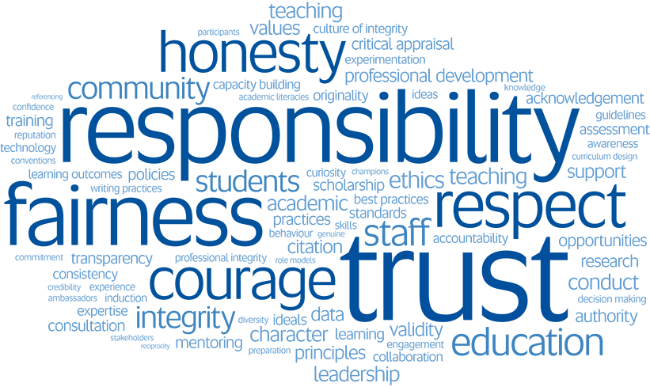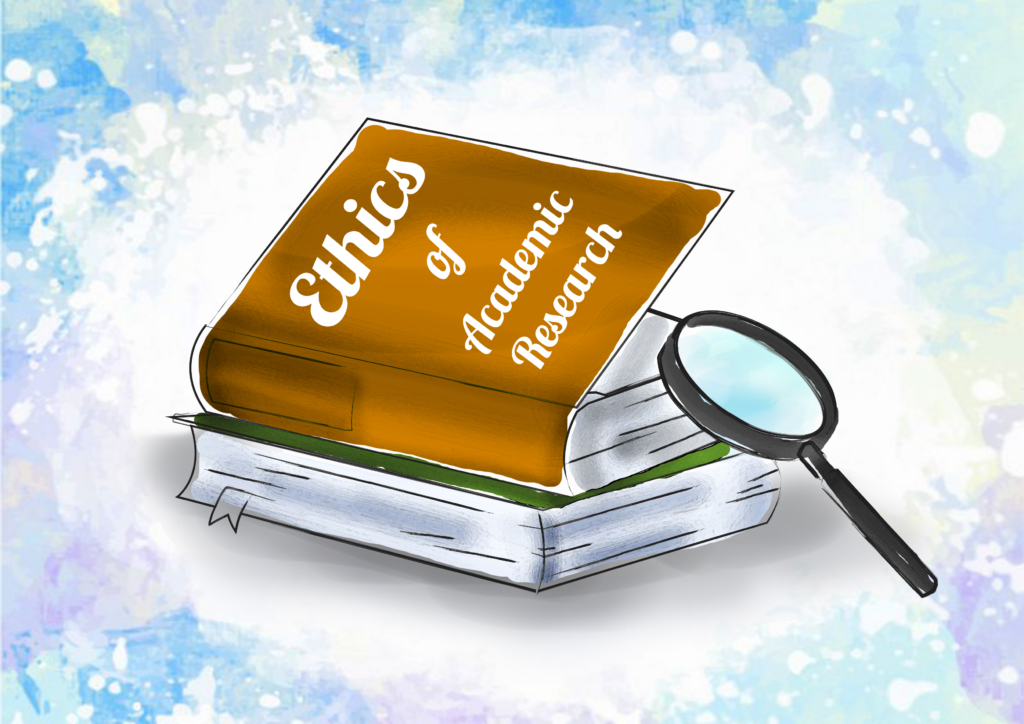Introduction
Academic ethics are the moral principles or common standards that support the success of an academic enterprise. Academic ethics enables students and teachers to generate new ideas, information, and creative works while also valuing and acknowledging others’ efforts. Demonstrating honesty and morality towards the work given and having commitment towards the assigned work is called Academic Integrity. Academic ethics generally require each student to be truthful, accountable, fair, and polite, as well as to give credit where credit is due, provide original work, and so on. Cheating, lying, plagiarizing, and stealing others’ ideas are all examples of academic integrity. Academic integrity is important because it demonstrates that a student is trustworthy and honest enough to do his or her own work without being observed. Ethics creates standards for students and teachers to follow in terms of what is and is not acceptable in academic activity.

Why do students break the rules of plagiarism?
Students continue to break plagiarism guidelines even though they are aware of academic ethics. This is due to a lack of time management skills or a failure to prepare enough time and effort required for research-based writing; other students may be too lazy to conduct research and believe they have no choice but to plagiarize. Students may deny the importance of the course, the assignment, academic documentation practices, and the consequences of cheating. Other students will disobey the regulations because they are concerned about their academic achievement, which may lead to academic cheating. Students may cheat in order to avoid failing a course or receiving a low mark. Some students may use cheating as a coping mechanism for poor test-taking ability. This means that students will copy material directly from the source, therefore breaking the rules or committing plagiarism, which they are well aware of and do not want to do. Sometimes, students have no idea about the scenario of plagiarism. Because their mentor does not teach them how to cite a source and give a credit to their research.
Why students should follow academic policies
Maintaining academic integrity and avoiding any form of misconduct is essential, as it can have a negative impact on a student’s career. Being found guilty of any type of academic misconduct has impacted not only a student’s college career but also his overall career. It remains a mark on their record. International students, in particular, should be extremely cautious about this, as it is a serious offense, and it can result in deportation from the country and institute.
References
This article has great knowledge about the academic ethics
Whitley, C. , & Spiegel, J. & K. (2003). Academic dishonesty definition and types: Academic integrity tutorial. Northern Illinois University. Retrieved March 2, 2022, from https://www.niu.edu/academic-integrity/faculty/types/index.shtml

Leave a Reply
You must be logged in to post a comment.